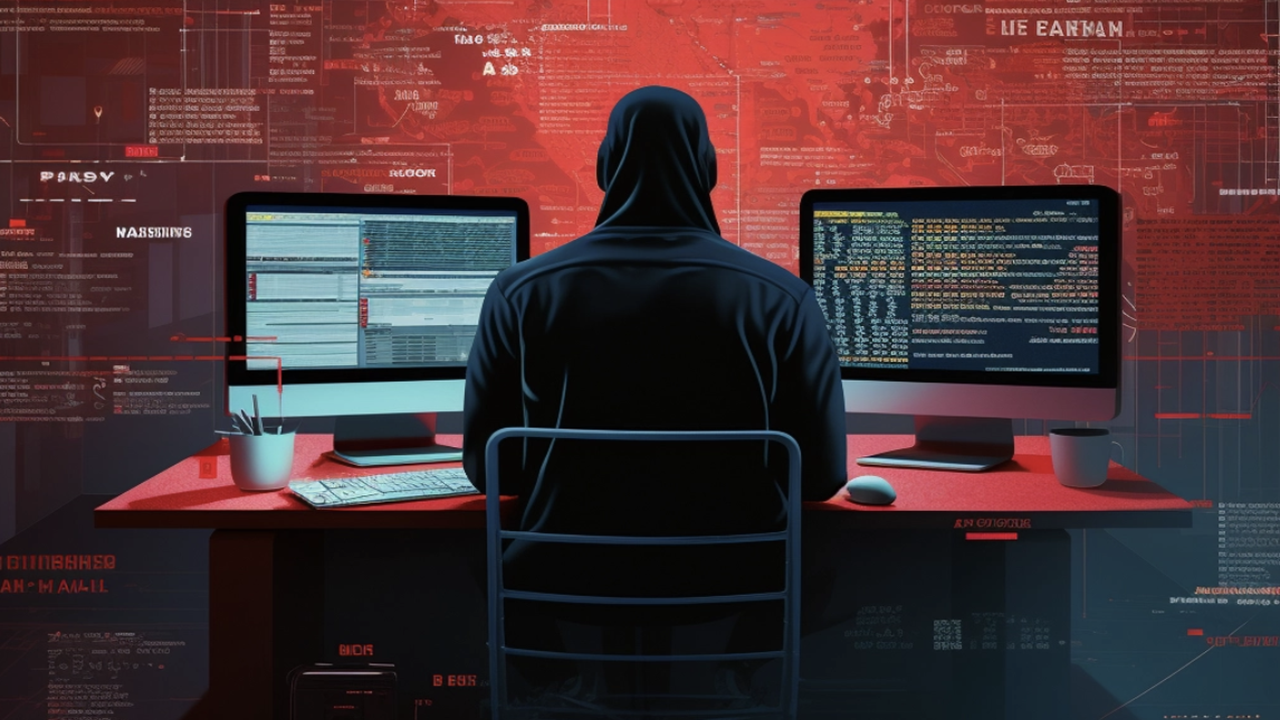By: Esperanza Miyake
If you have grown up with social media, chances are you have taken more photos in the last couple of decades than you will ever remember. When mobile phones suddenly became cameras too, social media turned into a community photo album, with memories kept online forever and ever. Or so we thought.
In 2019, MySpace lost 12 years’ worth of music and photos, affecting over 14 million artists and 50 million tracks. If Instagram or the entire internet suddenly disappeared, would you be able to access your precious memories?
We are living in a “digital dark age”, a term popularised by information and communication specialist Terry Kuny. Back in 1997, Kuny warned we were “moving into an era where much of what we know today, much of what is coded and written electronically, will be lost forever”.
He argued that, like monks from the Middle Ages who preserved books (and therefore, knowledge), we must preserve digital objects of today. Otherwise, future generations will be left with gaps in knowledge about our present-day lives.
People often say the “internet is forever”, but digital artefacts like photos and videos are actually unstable and non-permanent. You’ve likely encountered “linkrot”, when a URL to an important source leads to a now-deleted webpage. Hardware becomes obsolete, degraded and upgraded over time. Bit-rot (also called data or file rot, or data degradation) means we may have no physical means to access our past data.
Many people already find it hard to use technology and software that has reached its “end of life”. With the lack of backwards compatibility (when updated technology or software cannot support older versions), how will future generations access old data stored in obsolete formats?
We are also seeing issues emerge related to ownership of data, particularly when controlled by private corporations. Families have faced legal difficulties accessing the social media accounts of deceased loved ones. Similarly, if Spotify or Netflix shut down tomorrow, you wouldn’t own any of the songs or films you stream on a daily basis.
A digital life
For a number of reasons, you may not even notice that we are in the middle of a new digital dark age.
From Google smart homes to contact-tracing technology, life is increasingly digital. Without an app, internet or social media account, it is difficult to verify your identity and gain access to data – even your own. Many people don’t even consider non-digital means of recording, proving and living their existence.
With Instagram stories disappearing after 24 hours, and Snapchat and WhatsApp’s vanishing messages features, you are probably used to data disappearing instantly.
With the growing need for environmental sustainability, turning to digital formats seems like the responsible solution to reducing our carbon footprint – though have you thought about the e-waste you produce?
Even with data protection laws now giving people the right to have personal data erased, many may not want their data to be preserved forever. Identity theft can occur with social media content that reveals biometric or other personal data. And that’s not to mention cyberstalking, cyberbullying, the distribution of “revenge porn” and online grooming.
But despite all these very understandable concerns, there are still good reasons to think seriously about how you preserve the digital artefacts and data that are most important to you.
Protecting and preserving your old data
If you misplaced your phone, could you remember important phone numbers, or navigate streets when lost? If the answer is no, you may want to think more carefully about data preservation.
This is something we should all think about, and not just leave it to digital archivists and preservationists. When organised efforts are made to preserve data, who decides what should be preserved can become a political issue as much as a technological one.
When it comes to your own digital memories, there are services you can use and steps you can take to preserve data from being lost to history:
Keep multiple copies (and formats) of important data across different devices: SD cards, USB thumb drives, DVD/Blu-ray discs, external hard drives and NAS (network attached storage) boxes. This has to be coupled with ensuring you regularly migrate important data to the newest device or format (remember, avoid bit-rot).
Try (re)discovering analogue trends – board games alongside video games, vinyl records over streaming music, or celebrate the resurgence of Polaroid cameras. Many services are available to convert digital photos into printed photos, albums and physical artwork.
Embrace the ethos of the FAIR principles) – findable, accessible, interoperable, and reusable– so that you and others can locate and access any important data you wish to preserve easily.
Finally, if you come across a rotten link or other missing data, you can explore data preservation initiatives like the Long Now Foundation’s publicly accessible Rosetta Project or the Internet Archive, a non-profit library of free digital books, movies, software, music and websites.
(Courtesy The Conversation)





